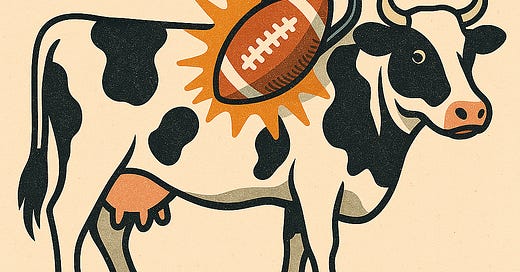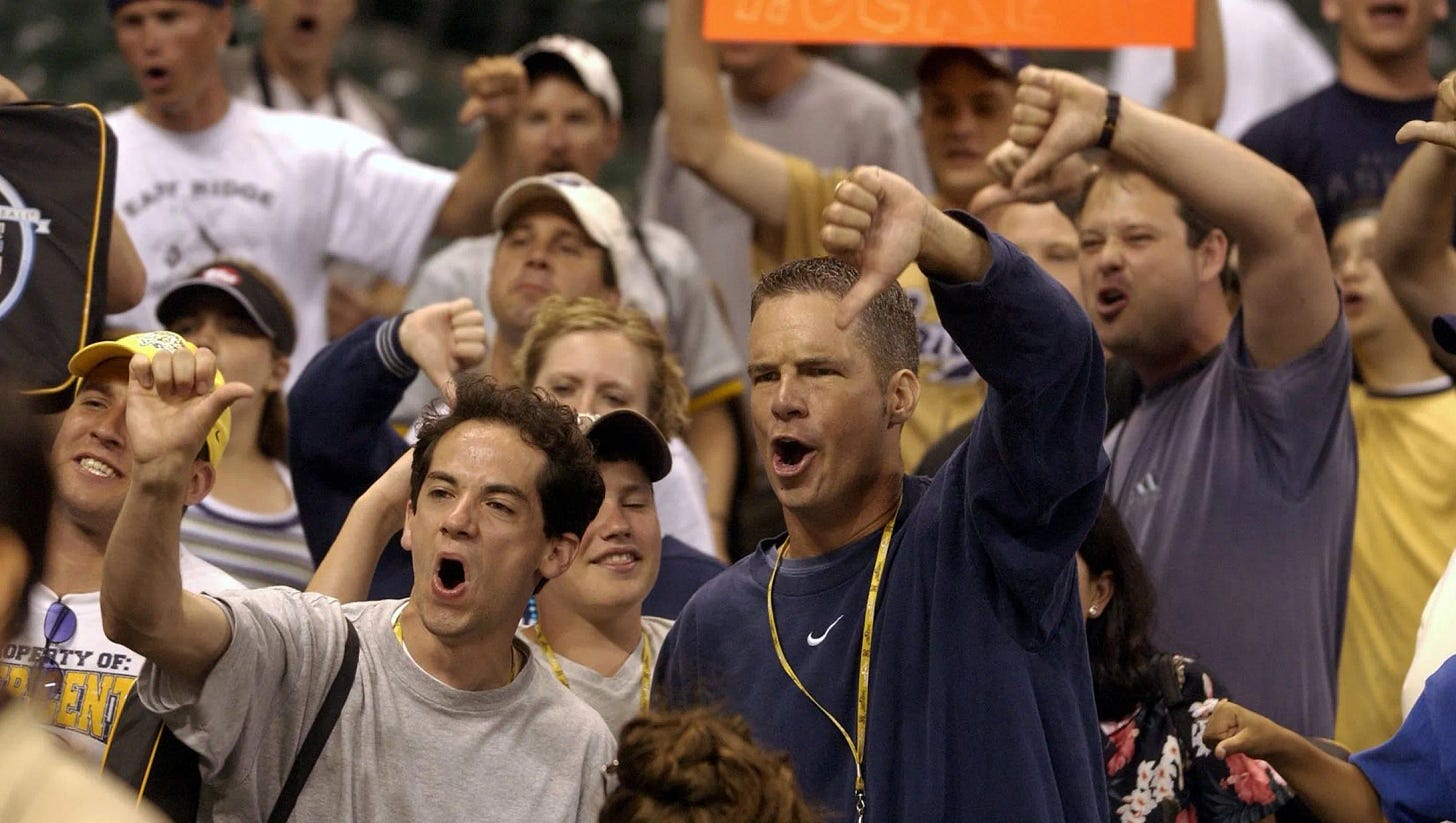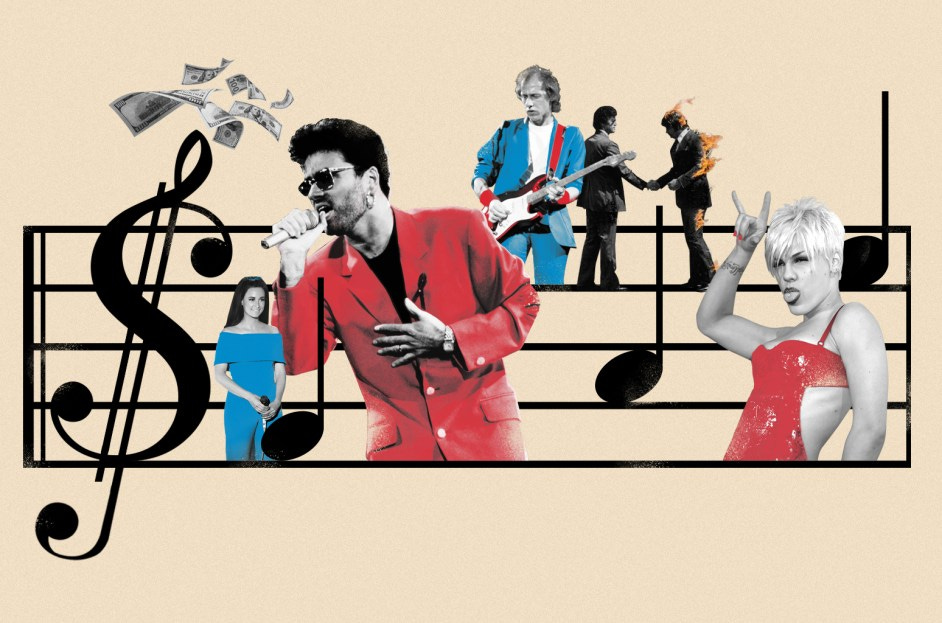Here’s Why You Shouldn’t Call Your Sports Club a ‘Brand’
Here’s Why You Shouldn’t Call Your Sports Club a ‘Brand’
If you’ve been attending any of the major sports business conferences recently, you will have noticed an increasing unease about calling sports teams "brands" - and it touches on something really emotional for fans. Here's why:
🧍 Fans see:
A sacred symbol representing history, community, and identity. The crest is something you literally "kiss" when celebrating
💼 Business sees:
A commercial brand asset to be optimized for marketing and revenue
Why fans bristle at "brand" language
1. It reduces heritage to marketing Any changes to a club's name, colours, or crest aren't merely cosmetic alterations but can shake the very foundations of what the club stands for in the eyes of its fans. When you call a century-old crest a "brand," it feels like you're treating sacred history as a marketing tool.
2. It suggests disposability Brands get refreshed, updated, and redesigned. But fans see team crests as permanent symbols of identity. Fans are quick to mock new designs on social media, often using the labels ‘corporate’ and ‘anonymous’.
3. It prioritizes profits over tradition The "brand" mindset often leads to changes designed for global marketing rather than honoring local heritage.
The deeper issue
Sports teams exist in a weird space - they're businesses that fans treat as cultural institutions. When clubs use corporate "brand" language, it reminds fans that their beloved team is ultimately a commercial entity, not the community asset they emotionally experience it as.
The unease isn't really about the word itself - it's about what that word represents: the tension between sports as commerce versus sports as culture.
This tension between "business reality" and "cultural institution" shows up in several other industries too:
Newspapers - Readers see them as guardians of democracy and community voices, but they're businesses that need to turn a profit. When local papers get bought by corporate chains or go digital-only, communities feel like they're losing an institution.
Music venues - Fans treat iconic venues like CBGB or The Fillmore as sacred cultural spaces, but they're businesses that need to pay rent and make money.
Historic restaurants/bars - A 200-year-old bar isn't just a business to locals - it's a community anchor. When it changes hands or modernizes, people feel like their heritage is being commercialized.
Local bakeries/delis - Multi-generational family businesses become cultural touchstones, but they still need to adapt to survive economically.
Department stores - Think Harrods, Macy's, or local institutions. They're retail businesses, but also cultural landmarks that people have emotional connections to.
Bookstores - Independent bookshops are seen as cultural hubs and community gathering places, not just places that sell books.
The common thread
In all these cases, the business provides something that goes beyond the transaction - identity, community, continuity, and meaning. When that gets reduced to "brand management" or "customer experience optimization," it feels like you're missing the point entirely.
The unease comes from the same place: treating something culturally significant as "just a business" feels reductive and almost disrespectful.







